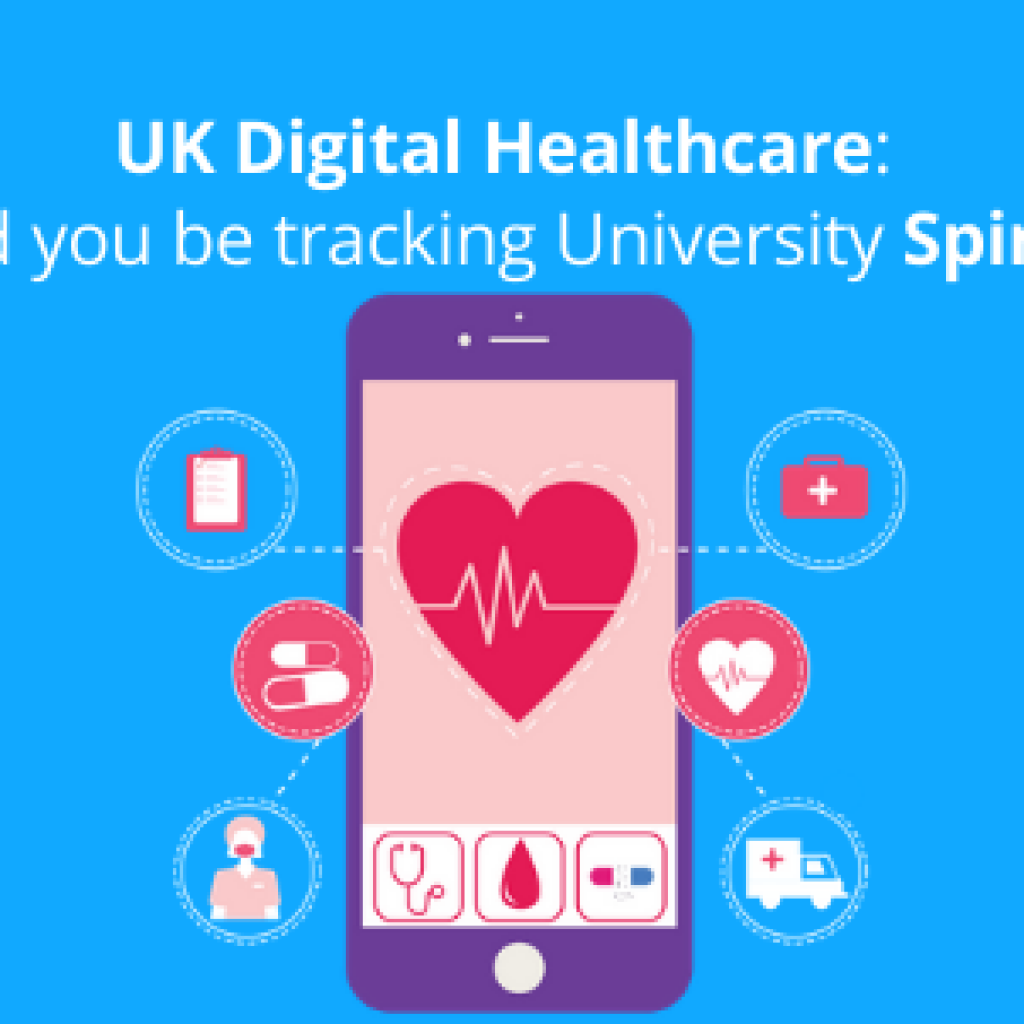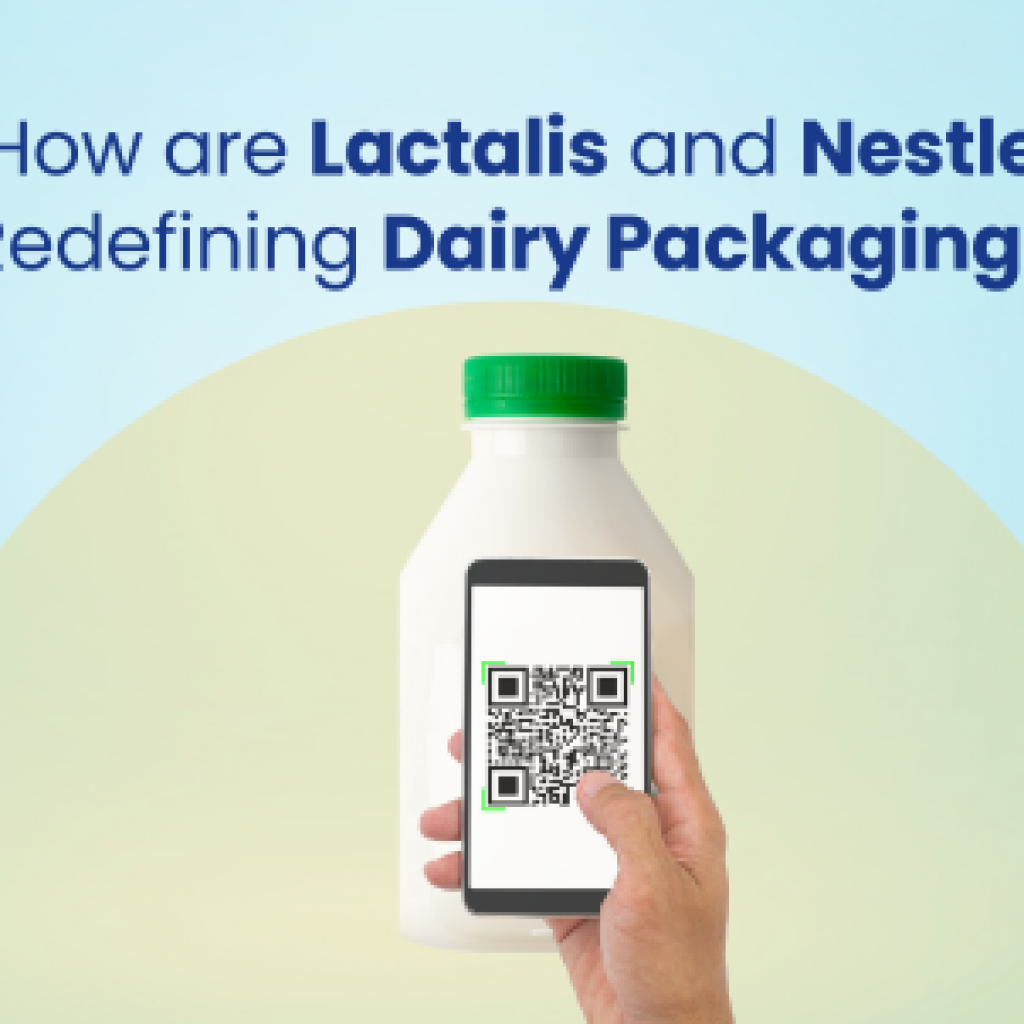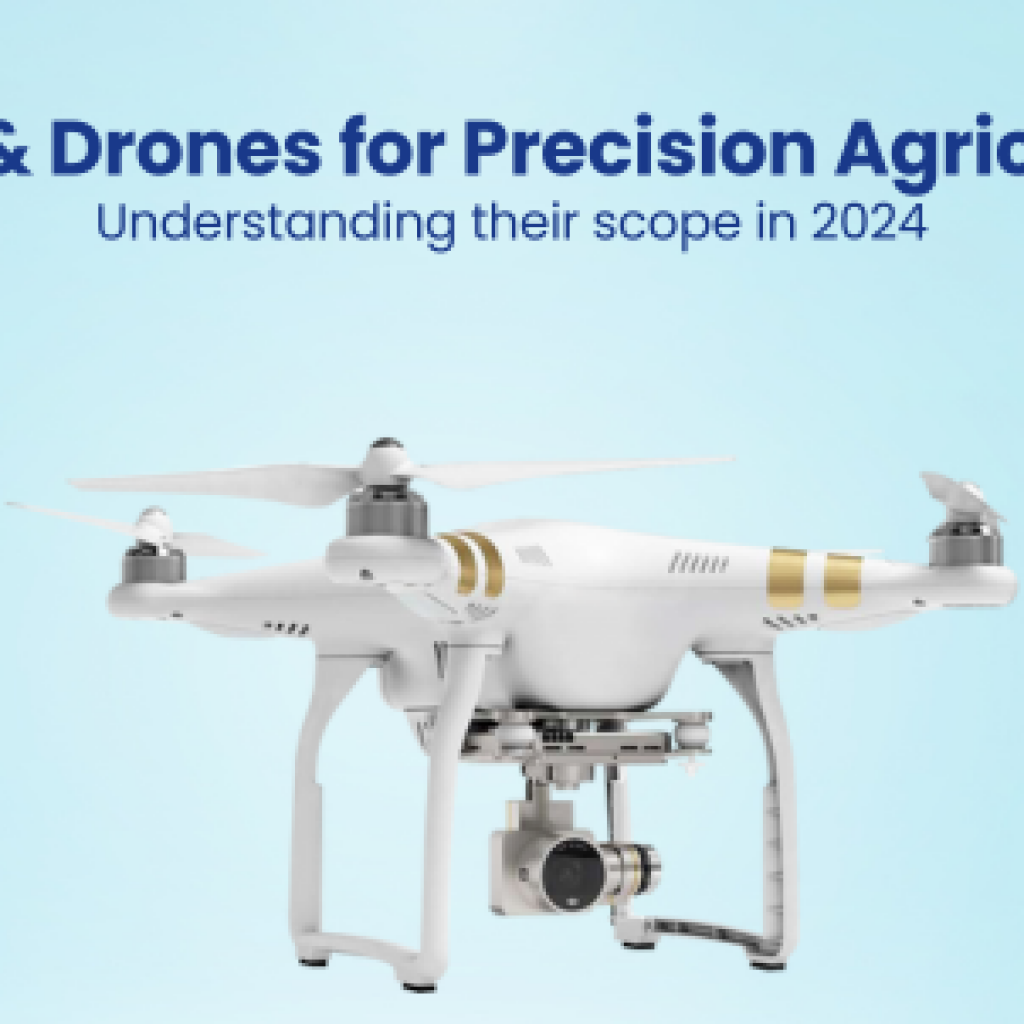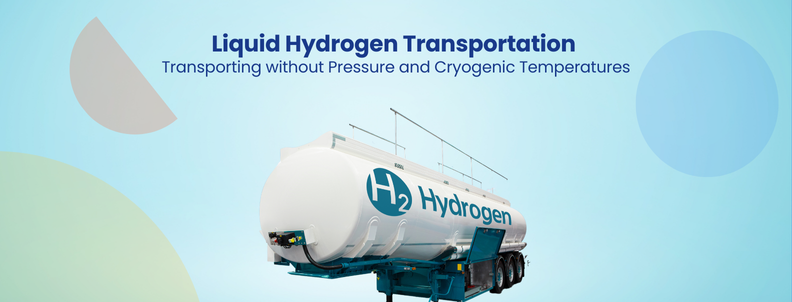Implants are essential in modern medicine, supporting damaged tissues and improving function in orthopedic and cardiovascular surgeries. Traditional metal and plastic implants, widely used since the 1990s, provide strength and durability but often require secondary surgeries and can trigger immune reactions.
Resorbable biomaterials, such as PLA and PCL, offer an improvement but face challenges like inconsistent degradation and lower mechanical strength.
Startups like 4D Biomaterials address these issues by offering Innovative solutions, like 3D-printed resorbable implants. These implants have controlled degradation, improved strength, and reduced inflammation for safer, more effective treatments.
Determined to uncover the science behind 4D Biomaterials technology, we explored its potential impact on patient care.
So, we spoke with Phil Smith, the CEO of 4D Biomaterials, to gain valuable insights into how the startup creates high-quality 3D-printed bioresorbable implants using its patented technology. This interview is part of our exclusive Scouted By GreyB Interview series. Here, we talk with innovative startups in multiple industries and showcase their technologies to the world. (Take a look at other startups scouted by GreyB!)
Author Note: While researching, we found startups making Bioresorbable Implants Startups that reduce patients’ stress shielding. Click on the link to learn more about them.

Phil Smith, CEO of 4D Biomaterials, has over 35 years of experience in the engineering and materials industries. His career began with a mechanical and production engineering foundation, followed by a Materials Science degree from Brunel University and an MBA from Warwick Business School. Phil’s extensive background spans various leadership roles, including CEO of Interface Polymers and senior positions in tech transfer and business development at Warwick Ventures. His expertise in commercializing innovative technologies, particularly in the polymer and biomaterials sectors, has been pivotal in his CEO role at 4D Biomaterials.
Want to know more about 4D Biomaterials Technology and Products? Watch this exclusive conversation with Phil Smith.
Overview: 4D Biomaterials Making High Resolution 3D Printed Resorbable Bioplants with Patented Technology
4D Biomaterials, a wholly owned subsidiary of 4D Medicine, specializes in developing and commercializing resorbable biomaterials for 3D printing applications in the medical field.
The company’s core technology centers around its patented 4Degra® resin, a high-resolution, biodegradable polymer that degrades safely within the body after fulfilling its medical function. This innovative material supports tissue regeneration and healing in various medical devices, particularly orthopedic implants and tissue scaffolds.
4D Biomaterials uses a unique surface erosion degradation process, ensuring a gradual and controlled material breakdown. This reduces the risks of inflammation or adverse reactions common with traditional implants. The company is focused on creating medical solutions that eliminate the need for permanent devices and promote natural tissue growth to enhance patient outcomes.
Short on time?
Here are key highlights from the discussion.
Highlights from the conversation with CEO Phil Smith
What is the focus of 4D Biomaterials Technology?
Our focus is on innovative, degradable polymers designed for use in the medical field, particularly in orthopedic devices. These materials are unique in their ability to degrade predictably and safely within the body, making them a game-changer for applications like bone repair and drug delivery.
How do you prioritize which areas to focus on with your technology platform?
It’s a classic case of the 80/20 rule—we focus on the 20% of opportunities yielding 80% of the results. Initially, we aim for the lowest-risk applications that can quickly take us through regulatory approvals. For example, we’re targeting orthopedic applications where we’ve already seen promising results in bone regeneration.
We also remain open to licensing the technology for other applications. Pharmaceutical companies, for example, have expressed interest in using our materials for drug delivery systems. While we can’t pursue every opportunity ourselves, we are happy to engage in partnerships that make sense and align with our broader strategy.
How do you navigate the lengthy approval process for medical technologies?
Regulation is necessary to ensure safety and efficacy, but it can be long. Our strategy is to begin with applications that offer a relatively quick route to regulatory approval. For instance, we’re aiming to use the FDA’s 510(k) process, which allows us to show that our device is substantially equivalent to an already-approved product. This de-risks the technology, making it more appealing to investors while allowing us to build credibility in the market.
We can gradually expand into more complex applications as we gather more in vivo data and complete our regulatory steps, knowing we’ve already proven the technology’s safety and effectiveness.
How do you assess competition in your industry, particularly with larger players like Johnson & Johnson or Medtronic?
Many large medtech companies have shifted away from doing cutting-edge R&D and instead choose to acquire smaller companies once the technology has been de-risked. So, rather than seeing big companies as direct competition, we view them as potential partners or acquirers down the road.
We get valuable feedback from competitors and key players when we attend industry events and trade fairs. The fact that we hear positive responses from both 3D printing companies and medtech companies about our technology shows that we’re on the right path. In the long run, competition can validate the market we’re entering.
What’s next for 4D Biomaterials?
We’re nearing the completion of our Series A funding round, raising £3.5 million to support our regulatory strategy and application development over the next two years. Our immediate goal is to obtain FDA clearance for our first orthopedic application while continuing to explore partnership opportunities in areas like drug delivery.
We’re also expanding our leadership team, recently bringing on a chairman with significant medtech experience and soon a CFO to help guide us through future fundraising and potential exits. Ultimately, our goal is to see this technology widely used in medical devices that improve patient outcomes.
Want to be featured in Scouted by GreyB? Join a conversation with our experts and showcase your groundbreaking technology.
Book your slot today!
Meet our Interviewer – Vikas Jha, AVP, Solutions at GreyB

Vikas Jha is an experienced tech consultant focused on intellectual property consulting. With expertise in diverse domains like Telecom, Navigation, and Medical Devices, he helps clients navigate innovation challenges. His ability to bridge technology, innovation, and leadership makes him a valuable resource in the evolving tech landscape. CNBC has featured Vikas for his insights on next-gen technologies like space tech.
Take a look at other startups interviewed by GreyB!
Authored By: Naveen Kumar, Marketing










